Title: Piping Plover Habitat Changes and Nesting Responses Following Post-Tropical Cyclone Fiona on Prince Edward Island, Canada
Journal: Remote Sensing
DOI: https://doi.org/10.3390/rs16244764
Abstract: Climate change is driving regime shifts across ecosystems, exposing species to novel challenges of extreme weather, altered disturbances, food web disruptions, and habitat loss. For disturbance-dependent species like the endangered piping plover (Charadrius melodus), these shifts present both opportunities and risks. While most piping plover populations show net growth following storm-driven habitat creation, similar gains have not been documented in the Eastern Canadian breeding unit. In September 2022, post-tropical cyclone Fiona caused record coastal changes in this region, prompting our study of population and nesting responses within the central subunit of Prince Edward Island (PEI). Using satellite imagery and machine learning tools, we mapped storm-induced change in open sand habitat on PEI and compared nest outcomes across habitat conditions from 2020 to 2023. Open sand areas increased by 9–12 months post-storm, primarily through landward beach expansion. However, the following breeding season showed no change in abundance, minimal use of new habitats, and mixed nest success. Across study years, backshore zones, pure sand habitats, and sandspits/sandbars had lower apparent nest success, while washover zones, sparsely vegetated areas, and wider beaches had higher success. Following PTC Fiona, nest success on terminal spits declined sharply, dropping from 45–55% of nests hatched in pre-storm years to just 5%, partly due to increased flooding. This suggests reduced suitability, possibly from storm-induced changes to beach elevation or slope. Further analyses incorporating geomorphological and ecological data are needed to determine whether the availability of suitable habitat is limiting population growth. These findings highlight the importance of conserving and replicating critical habitat features to support piping plover recovery in vulnerable areas.

Here in the Climate Smart Lab, we are a group of people developing sustainable climate solutions with cutting-edge technologies to help build climate-resilient communities. Collectively, we are working together with experts from all disciplines to build a climate-smart future for the next generation and many generations to come.